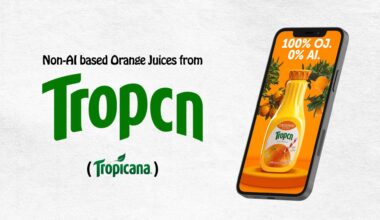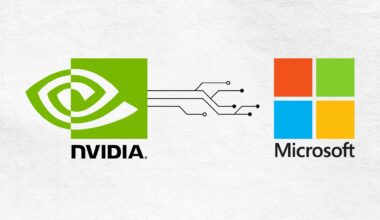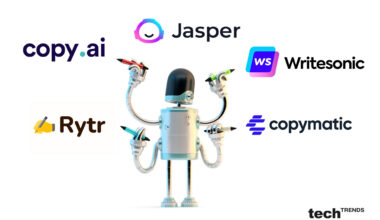Discover Gemini, Google DeepMind’s groundbreaking multimodal AI innovation. Explore how this revolutionary technology is unlocking new levels of innovation and reshaping the future of artificial intelligence.
The introduction of Gemini Ultra, its most advanced version, has set new benchmarks in AI performance. Notably, Gemini Ultra has surpassed human experts in the Massive Multitask Language Understanding (MMLU) benchmark, a key measure of AI’s knowledge and problem-solving abilities. Moreover, it has outperformed existing standards in various domains, including text and coding tasks.
Gemini is available in three distinct versions: Ultra, Pro, and Nano. Each is tailored to specific use cases, with Ultra designed for complex tasks, Pro for scalability across various tasks, and Nano for efficiency in on-device tasks. This versatility is underscored by Gemini’s ability to transform any type of input into any output, highlighting its adaptability across different applications.
To facilitate the use of Gemini in a broad range of applications, Google has introduced AI Studio, a user-friendly tool for developers. This web-based platform serves as an entry point into the expansive Gemini ecosystem, initially focusing on Gemini Pro and later incorporating Gemini Ultra. AI Studio empowers developers to rapidly develop Gemini-based chatbots and prompts, access API keys, and integrate Gemini into their apps or work with the code in a fully featured Integrated Development Environment (IDE).
AI Studio is notable for its generous free quota, allowing up to 60 requests per second. This makes it feasible for developers to iterate on ideas without significant restrictions and even power less frequently used applications in production. While the service is currently free, Google plans to introduce a paid version, coinciding with the general availability launch of the Gemini Ultra model. It’s important to note that Google’s reviewers can view the input and output of the API and web app in the free tier to improve product quality, with the data de-identified from the user’s Google Account and API key.
The updated AI Studio represents a significant upgrade from its earlier incarnation as MakerSuite. It now supports both Gemini Pro and Gemini Pro Vision models, enabling developers to work with text and imagery. Google’s VP for Google Labs, Josh Woodward, emphasizes AI Studio’s design as the fastest way to build with Gemini, inviting developers to explore its capabilities. The web interface offers model selection, temperature adjustment for output creativity, and examples for tone and style guidance, along with tunable safety settings.
AI Studio’s design ensures that even its free tier doesn’t feel like a trial or gated product. Developers can immediately start publishing their AI Studio applications or use them through the API or Google’s Software Development Kits (SDKs). Jeanine Banks, VP and GM for Google’s Developer X teams, highlights AI Studio as a gateway into Google’s broader AI ecosystem, particularly Vertex AI, Google’s enterprise-ready generative AI developer platform.
The transition from AI Studio to Vertex AI is designed to be seamless, with strong SDK support stemming from user feedback. Google plans to integrate Gemini into the Chrome Dev Tools and Firebase mobile development platform, further expanding its accessibility and utility.
Given the rapid evolution of generative AI, Google is committed to developing AI Studio as an accessible platform for developers of all skill levels. It’s envisioned not just as a tool for developers but also as a hub for creativity, where users can explore and innovate with Gemini models and their growing capabilities.
In conclusion, Gemini by DeepMind and Google’s AI Studio represent significant strides in AI technology, offering versatile, multimodal capabilities, and user-friendly development tools. These advancements promise to reshape the landscape of AI applications across various sectors, making AI more accessible and adaptable to a wide array of tasks and creative endeavors.
Reference: Google Gemini | Gemini API









